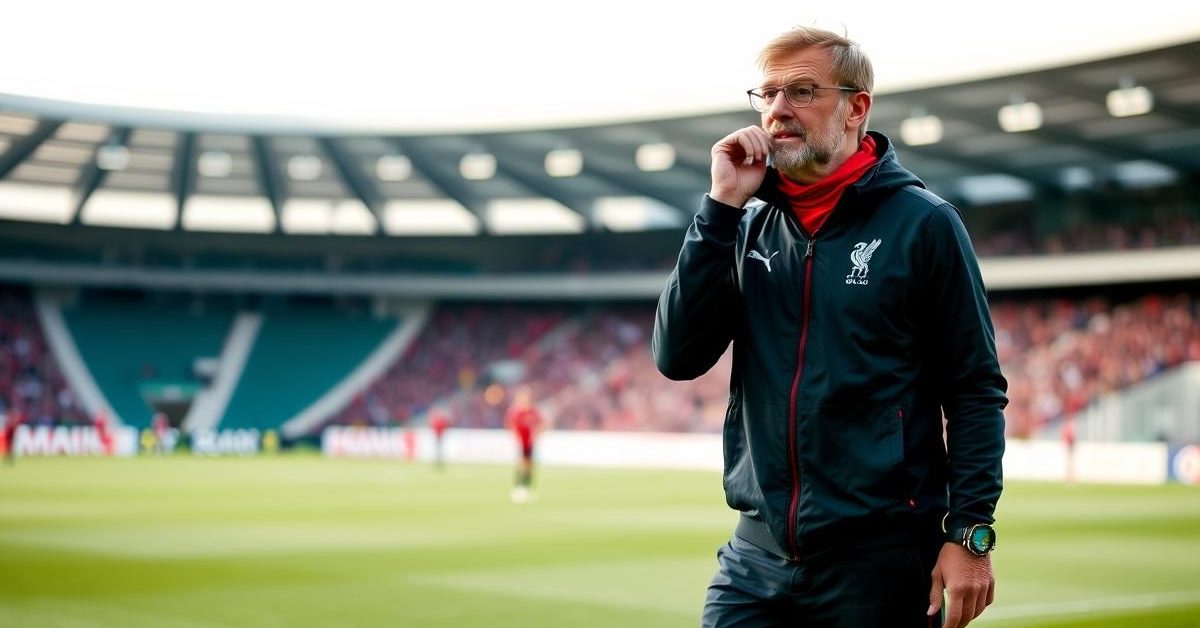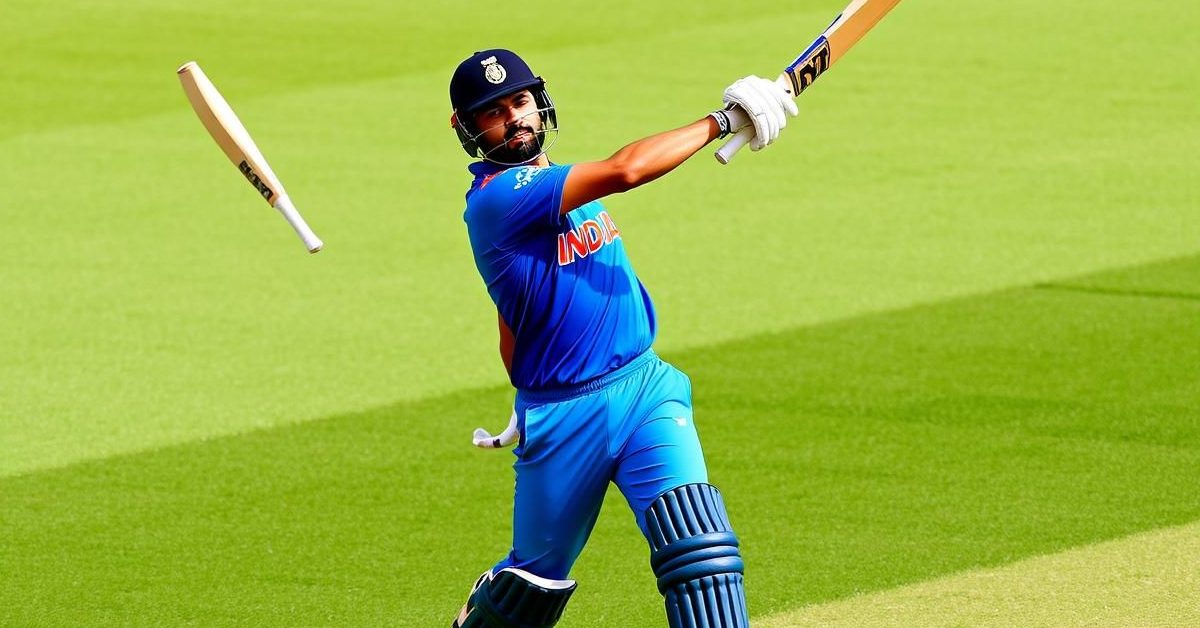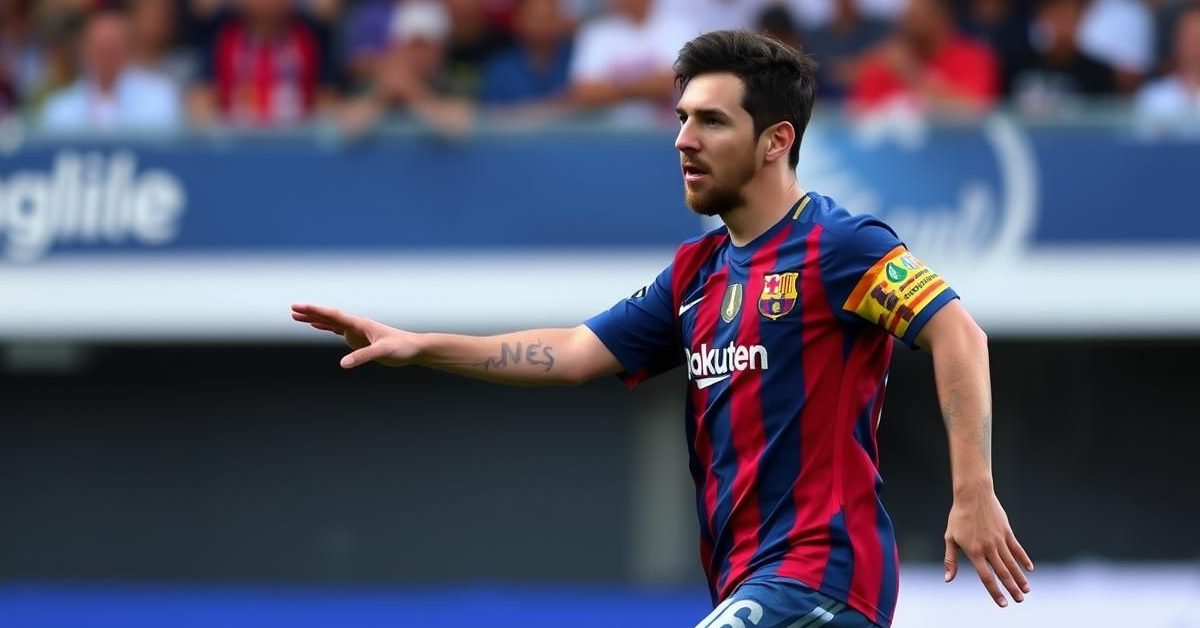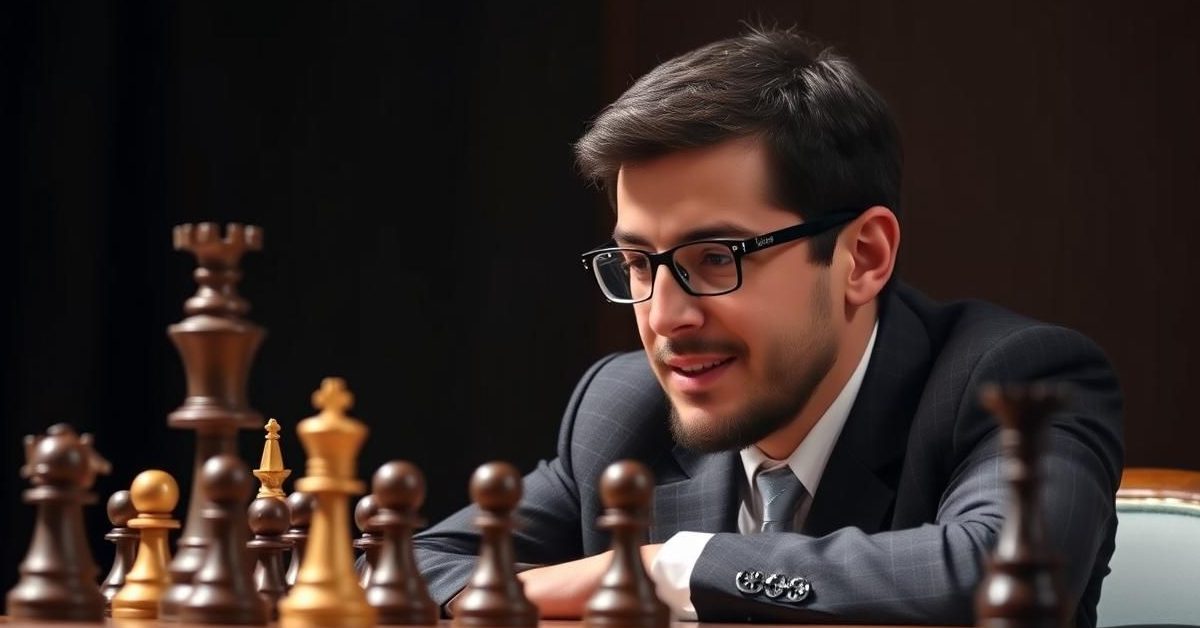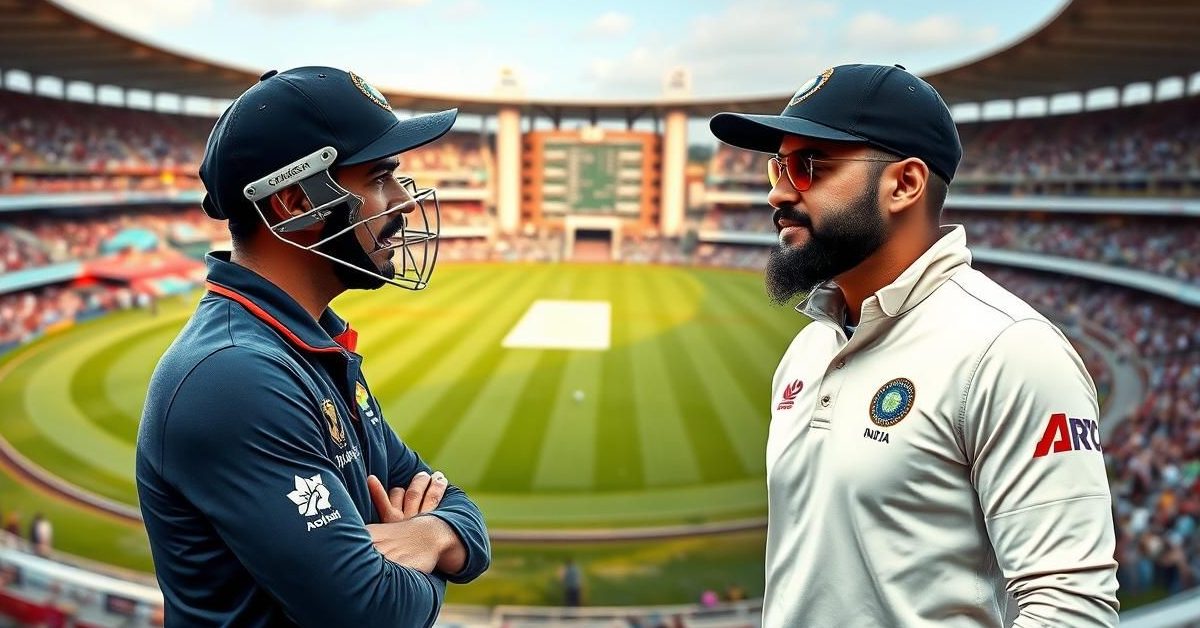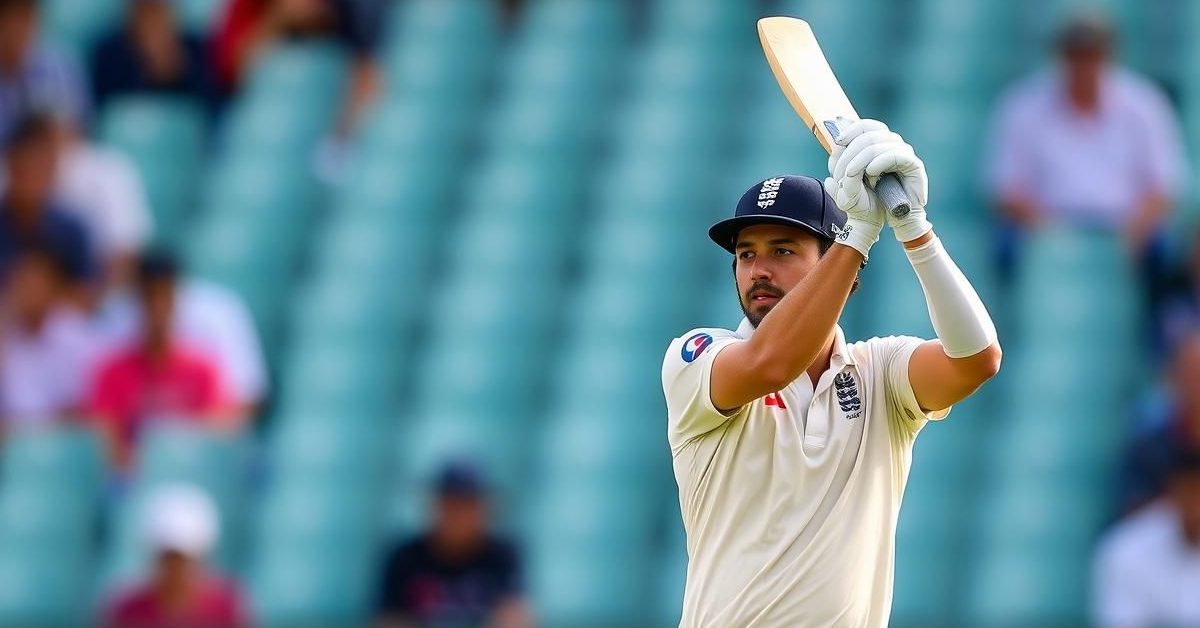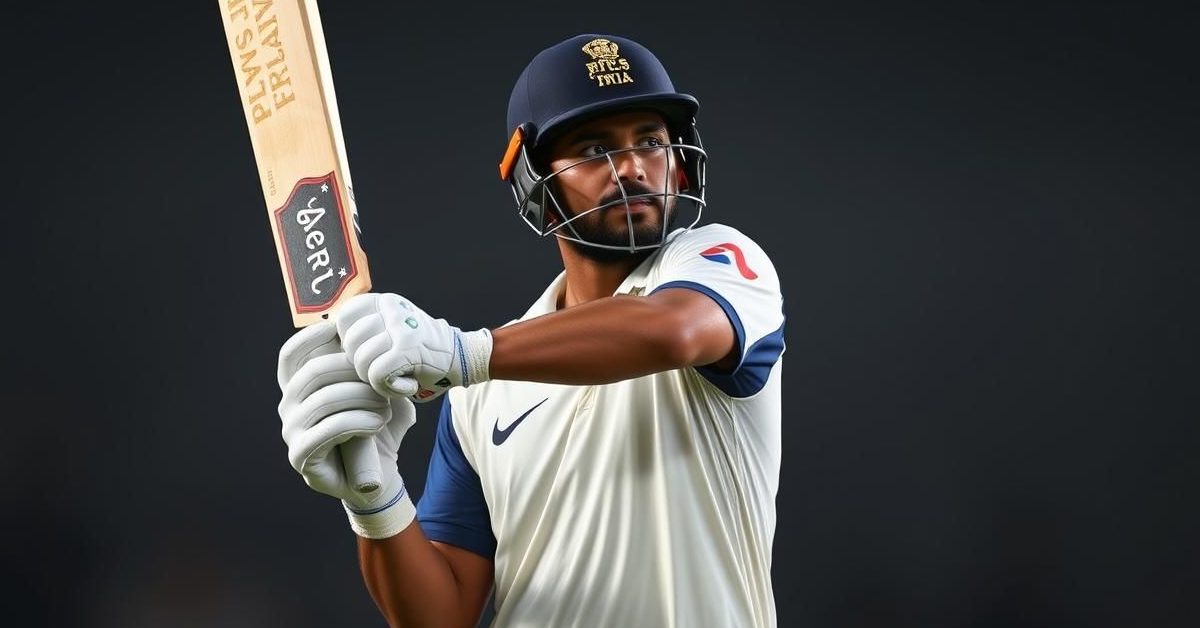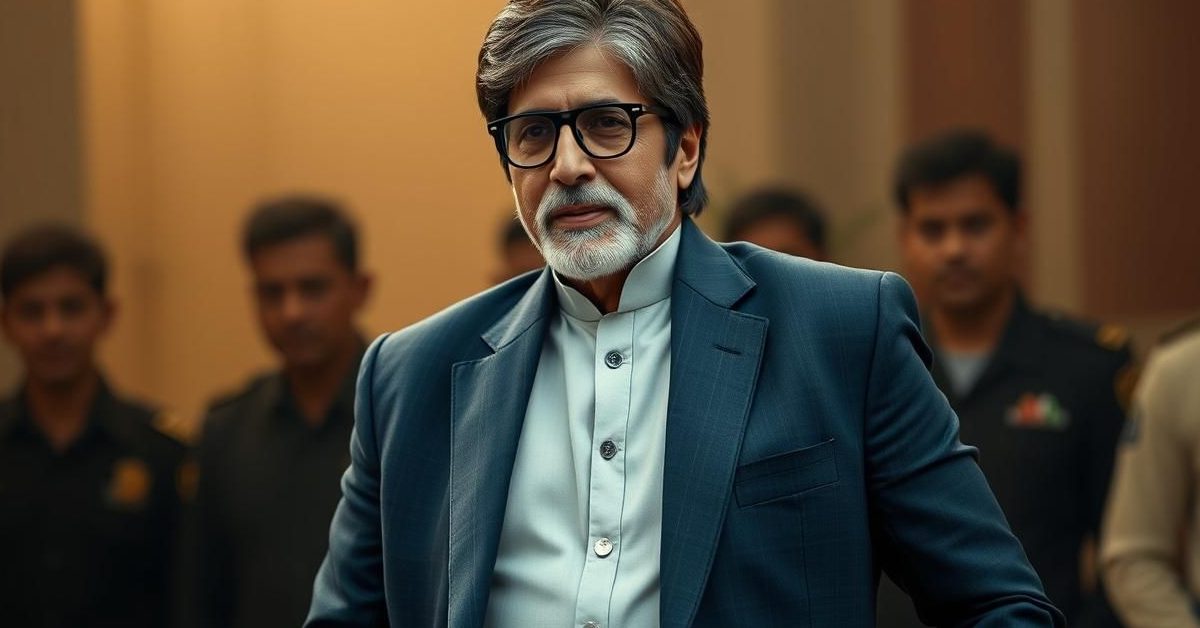Klopp Unleashes Scathing Critique of FIFA’s Expanded Club World Cup
Former Liverpool maestro Jürgen Klopp, renowned for his passionate advocacy and sharp insights, has delivered a searing indictment of FIFA’s ambitious, newly expanded Club World Cup. His verdict? Unflinchingly blunt: “the worst idea in football.” Klopp warns that this colossal tournament, set to debut in 2025, risks pushing elite athletes to an unprecedented breaking point, creating an injury crisis unlike anything the sport has ever witnessed.
A “Pointless Competition” and a Looming Health Crisis
Speaking with German publication *Die Welt*, Klopp didn’t mince words, branding the tournament “a pointless competition.” His prediction for the inaugural champion is equally stark: “Whoever wins it will be the worst winner of all time because they’ll have played all summer and then gone straight back into the league.” This biting commentary highlights a deep frustration with what he perceives as a disconnect between football’s governing bodies and the grueling realities faced by players and coaching staff on a daily basis. He firmly believes that “people who have never been involved in the day-to-day business of football are now coming up with ideas” that threaten the very well-being of the game’s most valuable assets.
The Relentless Calendar: A Recipe for Disaster?
The core of Klopp’s concern revolves around the increasingly unsustainable demands placed on professional footballers. Modern elite football, with its myriad domestic leagues, cup competitions, and international fixtures like the UEFA Champions League, already presents a relentless schedule. Adding a sprawling, month-long global club tournament every four years, Klopp argues, leaves virtually no room for vital physical and mental recuperation. “It’s too many games,” he emphasized. “I fear that next season we will see injuries like never before. If not, then they’ll come during or after the Club World Cup. There’s no real recovery for those involved, neither physically nor mentally.” His stark warning paints a grim picture for player longevity and performance.
FIFA’s Vision: A Global Club Spectacle
The iteration of the FIFA Club World Cup that has drawn Klopp’s ire is a radical departure from its humble predecessor. Historically a relatively compact tournament featuring seven continental champions, the new format expands dramatically to include 32 teams from across the globe. Envisioned by FIFA as the pinnacle of club football, mirroring the prestige and scale of the men’s and women’s FIFA World Cups for national teams, this expanded event aims to be a quadrennial global spectacle. It’s an ambitious move to elevate club football on the international stage, but one that comes with significant logistical and player welfare considerations.
Life Beyond the Touchline: Klopp’s New Perspective
After a highly decorated nine-year tenure at Anfield, where he cemented his legacy as one of Liverpool FC’s most iconic managers, Jürgen Klopp bid farewell to the Premier League in 2024. Now, he’s embarked on a new chapter as the Head of Global Football for Red Bull, overseeing a vast network of clubs including European giants RB Leipzig and Major League Soccer’s New York Red Bulls. This new, less hands-on role doesn’t mean a detachment from the sport’s core issues. When asked about a potential return to coaching, Klopp was resolute: “I don’t want that anymore. I have a job now that fulfils me and is also intense. I don’t sleep in the morning and I don’t go to bed later at night, but I can organise my work much better.” His current position likely provides an even broader, more holistic view of the strains placed on players and clubs worldwide, reinforcing the validity of his urgent warnings.
Deconstructing the Expanded Club World Cup Format
For those wondering about the sheer scale of this new endeavor, the expanded FIFA Club World Cup will adopt a structure familiar to fans of the traditional FIFA World Cup. Thirty-two teams will be divided into eight groups of four. A round-robin mini-league within each group will determine progression, with the top two teams from each group advancing to a knockout stage. This knockout phase will mirror the World Cup’s intensity, running from the Round of 16 all the way through to the highly anticipated final. This format guarantees numerous high-stakes matches, adding considerable mileage to the players’ already demanding competitive calendars.
